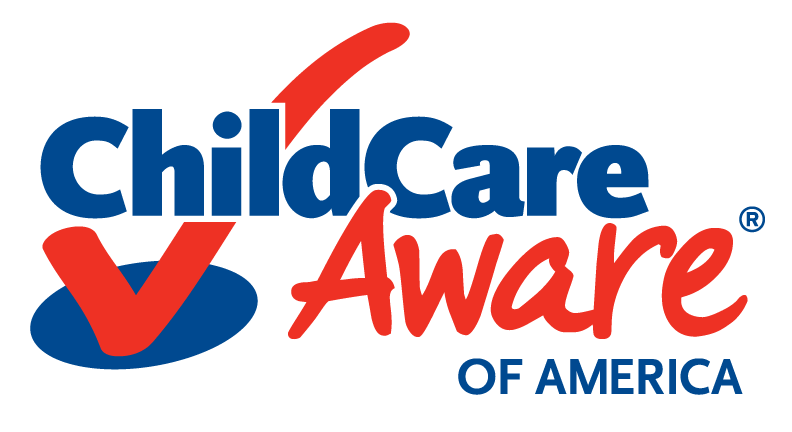

April is Child Abuse Prevention Month. In most states, child care providers are mandated reporters and have been trained to recognize signs that a child is experiencing abuse and respond appropriately. However, child care providers can also play a role in preventing child abuse before it begins. Stress and lack of parenting skills can increase the risk for abuse. As child care providers, you are an important part of families’ support systems and can encourage and educate parents. Here are four ways you can support parents and prevent child abuse.
- Build the self-confidence of caregivers.
About one-third of parents report that they don’t have self-confidence in everyday parenting tasks. When you see positive parent-child interactions, point it out to the parent. The work of parenting often feels invisible, but letting parents know you see their good work with their kids builds self-confidence. - Partner with your Child Care Resource & Referral agency (CCR&R) to provide multiple formats for family-based intervention.
Every family is unique in the level of support needed and preference for delivery of information about parenting skills. Offer a variety of settings for parental support, from groups to individual, virtual or home-based. Connect with your local CCR&R agency to increase the options available to families. There is no one option that is better than the others, and it is important to listen to what families need. Providing choices will help families find the right format for them and boost engaged participation. - Provide information on expanded financial supports.
Economic stress is a risk factor for child abuse. Many families have experienced financial hardships due to COVID-19 and are struggling to meet their basic needs. CCR&Rs and child care providers can help by providing information about local supports that address issues such as child care subsidy, food insecurity, health care costs, among others. For example, government programs like SNAP and WIC provide food assistance while Medicaid can cover health care costs. Similarly, local resources like food banks and community health centers can serve families in need. Access information about health insurance as the public health emergency ends. Encourage the families you serve to access these local supports that address food insecurity, health care costs, and other essentials to meet their needs. Child Care Aware® of America’s state-by-state resource map is a starting point for the resources available in your area. - Incorporate family engagement into enrichment programs.
There are so many ways to include parents in your programming. This strengthens the parent-child bond, builds trust with child care providers and promotes child brain development. Child Care Aware of America has a wealth of resources through our Vroom Initiative, including for providers and CCR&Rs. Engaging parents in enrichment programs can provide natural teaching moments for parenting skills education as well.
As providers and CCR&Rs, you can influence and support families to practice positive parenting skills and prevent child abuse. Keeping kids safe is a responsibility we all share, and we hope you can use these actionable steps when working with families. We value the work you do every day to build a strong foundation for the children in your care.
Resources
National Child Abuse Hotline – call or text
1.800.4.A.CHILD (1.800.422.4453)


